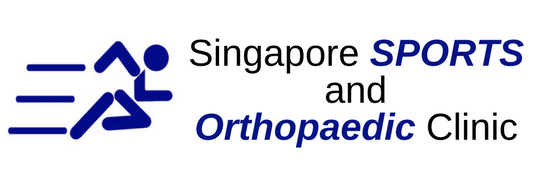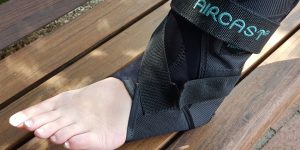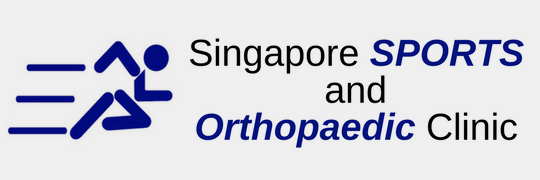Our ability to still control our limbs after injury to the spinal cord depends largely on 2 factors: the location of the injury and how serious it was. Depending on the location of the injury, it can be a partial or complete spinal cord injury. Patients who have had an injury above the first thoracic vertebra will suffer paralysis of all four limbs. Patients whose injury is below the first thoracic spinal nerve will have full control of their upper limbs but suffer paralysis from the abdomen down. A complete spine injury is when all sensory and control abilities are lost below the injury site. An incomplete spine injury is when some sensory and control abilities are felt below the injury site. Anyone who has had significant impact and trauma to the head or neck needs to seek medical assistance immediately to diagnose for possible spinal injury as a serious spinal injury isn’t obvious immediately and will often onset later. Numbness can also be immediate or delayed depending on the seriousness of the injury and the time between injury and treatment is very critical in the severity of injury and recovery time. There are many symptoms associated with spinal injury but a few are not normal and medical attention is needed IMMEDIATELY.
Severe back pain
Bruising followed by severe back pain is a symptom of a fracture or dislocation of the spine which will lead to permanent paralysis. The injured person must be immobilized immediately to prevent any further movement which can help reduce the risk of permanent paralysis and sent to the hospital immediately.
Weakness
Weakness is indicative of cervical spine nerve damage. Cervical spine nerve damage will cause serious complications such as respiratory and excretory damages causing individuals to lose control of their breathing ability, bladder and bowel abilities.
Twisted neck or back
A twisted neck or back is due to direct injury causing the spinal cord to be pulled, compressed or pressed sideway during injury which can cause permanent disability to the body.
Loss of consciousness
Our body organs self regulate themselves and are controlled by autonomic nerves. Spine injury can injure the nerves and disrupt the self regulating balance, causing life threatening complications. Uncontrolled release of norepinephrine will cause a drastic increase of blood pressure, causing loss of consciousness in patients.
Spine injuries are commonly due to accidents which can be reduced and prevented by driving safely, not drink driving and using seat belts. There is currently no cure for spinal injuries so individuals must do their part to protect their own spinal cord.






